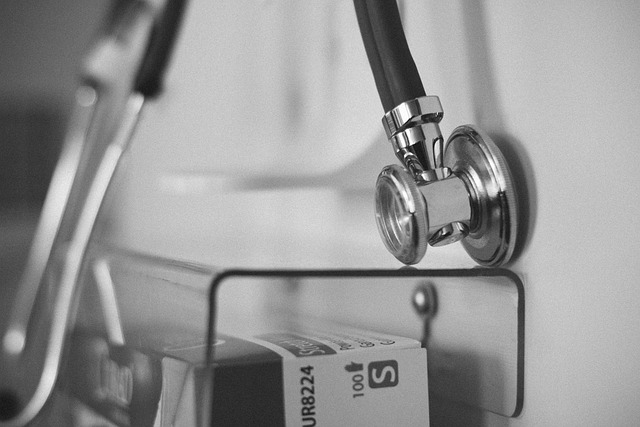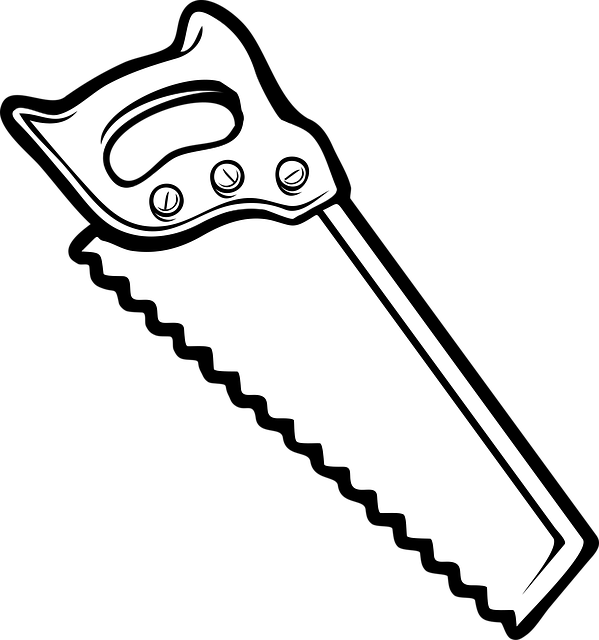Selecting the right diagnostic tools is crucial for effective healthcare delivery in both human and veterinary medicine. This involves understanding practice needs and considering factors like speed, accuracy, cost, and system integration. Advanced technologies such as specialized imaging, blood analysis, and innovative systems for clinical assessment enhance diagnostics, improve patient outcomes, and streamline workflows. In today's digital era, Clinical Decision Support Systems (CDSS) and miniature medical sensors are key enablers, offering rapid and precise results even in underserved areas. Choosing advanced diagnostic tools tailored to individual patient needs is vital for improved healthcare access and outcomes.
Selecting the right diagnostic tools is pivotal for healthcare providers to accurately identify and treat conditions. This comprehensive guide explores the essential equipment needed in modern medical practices, focusing on clinical decision support systems, laboratory gear, advanced imaging technologies, and more. By understanding the specific needs of diverse healthcare settings, you’ll be equipped to make informed decisions when choosing diagnostic tools tailored to your facility’s unique requirements.
- Understanding Diagnostic Tool Needs
- Top Clinical Decision Support Systems
- Essential Laboratory Equipment
- Advanced Imaging Technologies
Understanding Diagnostic Tool Needs

Selecting the right diagnostic tools is a critical step for accurate and efficient patient care, whether in human or veterinary medicine. Understanding the unique needs of your practice or clinic is essential when choosing these tools. Different specialties demand distinct capabilities—for instance, advanced imaging technologies might be indispensable for radiology while specialized blood analysis equipment could be more pertinent for hematology.
When it comes to selecting diagnostic tools, consider areas like speed and accuracy, ease of use, cost-effectiveness, and integration potential with existing systems. Veterinary clinical assessment tools, renal monitoring systems, and allergen detection systems are examples of innovative solutions designed to enhance diagnostic capabilities. These technologies not only streamline workflows but also improve patient outcomes by enabling timely and precise interventions.
Top Clinical Decision Support Systems

In today’s digital era, the healthcare industry is undergoing a significant transformation with the advent of advanced Clinical Decision Support Systems (CDSS). These tools play a pivotal role in assisting medical professionals by providing evidence-based recommendations and enhancing diagnostic accuracy. By integrating complex algorithms and vast medical knowledge bases, CDSS offer real-time guidance during patient consultations, making them indispensable for modern medicine. For instance, oncologists can benefit from specialized aids that analyze patient data and suggest tailored treatment plans, ultimately improving patient outcomes.
When selecting diagnostic tools, healthcare providers should consider the potential of miniature medical sensors and point-of-care testing solutions. These innovative devices offer rapid and precise diagnostics at the bedside, ensuring efficient patient management. From wearable health monitors to portable testing kits, these tools are revolutionizing the way medical care is delivered, especially in remote or underserved areas where access to advanced healthcare facilities may be limited.
Essential Laboratory Equipment

In the realm of healthcare, accurate diagnosis is paramount, and selecting the right diagnostic tools can significantly enhance a patient’s care journey. Among the essential laboratory equipment for any medical facility or professional are microscopes, which remain indispensable for detailed tissue and cell examinations, providing insights into conditions ranging from bacterial infections to cancerous cells. Additionally, centrifuges are crucial for separating components in blood samples, enabling tests for cholesterol levels, blood sugar, and even specialized diagnostics like viral load monitoring.
When it comes to diagnostic tools, dermatological examination devices have gained prominence in recent years due to their role in personalized medicine. Advanced dermatoscopes offer high-resolution imaging of the skin, aiding in the early detection of skin cancers and various dermatological conditions. Moreover, these tools facilitate remote consultations, making specialized care more accessible, especially for patients in remote areas or those with limited mobility. This shift towards personalized medicine diagnostic tools reflects a growing trend in healthcare to tailor treatments to individual patient needs.
Advanced Imaging Technologies

In today’s digital era, advanced imaging technologies have emerged as indispensable select diagnostic tools in both human and veterinary medicine. These non-invasive health assessment tools offer unparalleled insights into the body’s intricate structures, enabling more accurate and detailed neurological assessments than ever before. From magnetic resonance imaging (MRI) to computed tomography (CT), these cutting-edge devices are revolutionizing clinical practice by enhancing diagnosis and treatment planning.
Veterinary clinical assessment tools have also benefited significantly from advanced imaging technologies. These innovative solutions allow for comprehensive evaluations of animal patients, including detailed examinations of internal organs, bones, and soft tissues. As a result, veterinary practitioners can provide more effective care, ensuring better outcomes for their patients. Furthermore, these neurological assessment devices are instrumental in detecting and managing conditions that require precise localization and understanding of the brain and nervous system.
When selecting diagnostic tools, understanding your healthcare facility’s specific needs is crucial. By combining advanced technologies like clinical decision support systems, essential laboratory equipment, and cutting-edge imaging technologies, you can enhance patient care and streamline operations. Remember that the right tools enable accurate diagnoses, efficient workflows, and ultimately, better outcomes.
